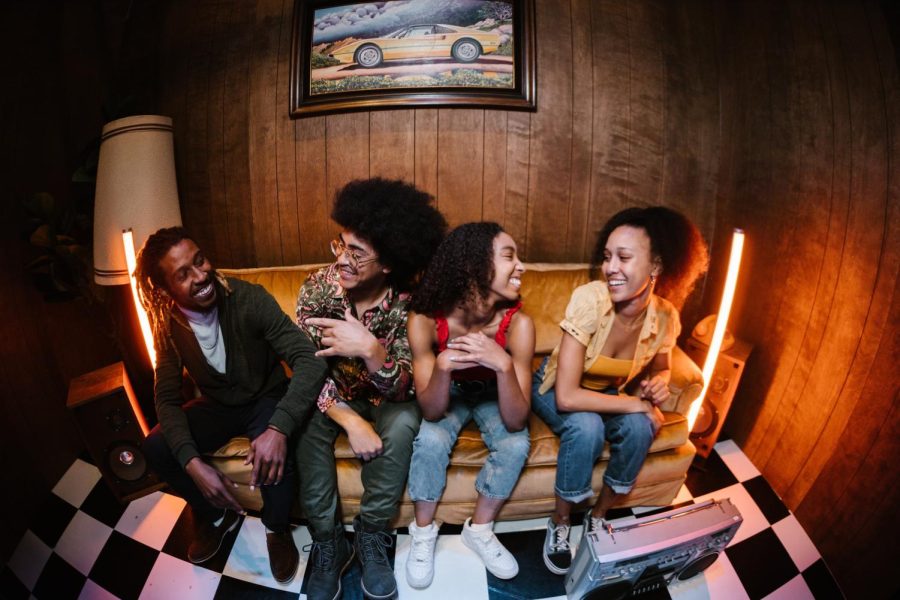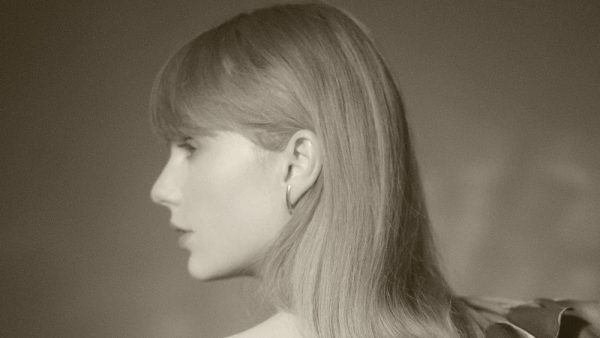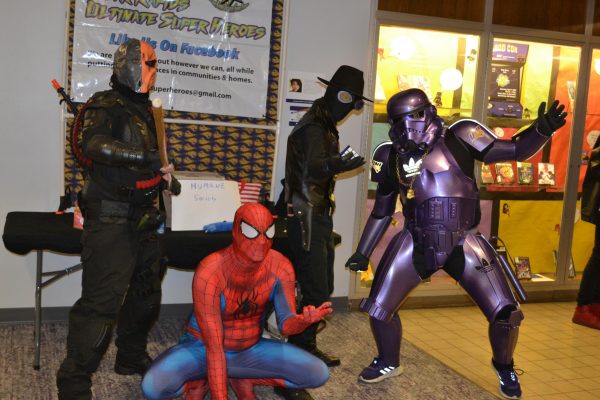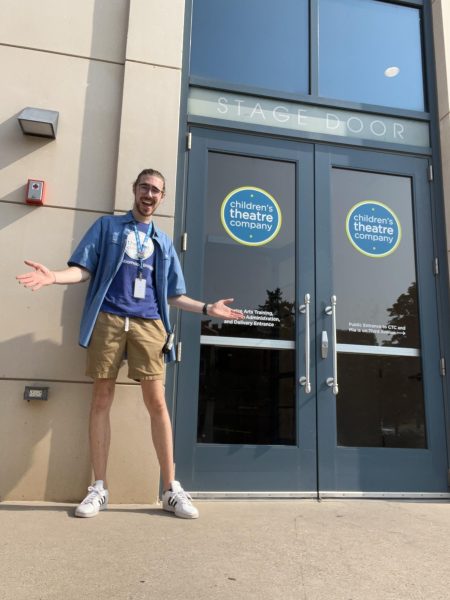The Current Y2K Scoop & the Black Influence
Y2k is making a comeback. Social media creators of this time have credited the original Black designers of this fashion.
Feb 22, 2023
A specific style of fashion has been resurfacing in pop culture. Y2K, which is just a nickname for the year 2000, began to surface in mainstream media: TikTok, Instagram and Pinterest have presented different modernizations of the popular low-rise jeans or brands like Juicy Couture with their tracksuit and funky minibags. What are the roots of this fashion era? When looking back at this unique era, many looks were derived from Black culture.
The year 2000 was a prime time for Black Hip-Hop and R&B artists who became loud and proud fashionistas. Artists such as Missy Elliot, Alicia Keys and Destiny’s Child all made immensely influential outfits that left a huge imprint during this time. According to The Crozier, Dapper Dan and Kimora Lee Simmons were some of the beginning Black designers that made a bold voice in fashion. Dapper Dan of Harlem was the spark for logomania – in which luxury fashion brand logos were printed all over an outfit. Dan started this trend by placing bootleg logos on his own pieces and his clientele would wear the fit and spread the word. He’s since grown from an underground designer to collaborating with luxury brands like Gucci. Another trendsetter in the fashion industry would be Simmons and her Baby Phat brand. The company was founded on the basis of getting women of color into the fashion world with clothing solely for them. Her brand is known for its velour tracksuits and popular rhinestone cat logo.
Despite the known brands of the era, many fits would be made locally and DIY-ed. Since denim and accessories held a huge impact at the time, denim was often bedazzled and glammed up at home for a twist, while accessories were bought from the neighborhood beauty supply store. We can see this with the girl group Destiny’s Child. Many of their outfits were worked on by Beyoncé’s mother, Tina Knowles, due to the fashion industry’s lack of diversity at the time. During the original Y2K era, the style was often labeled “Ghetto Fabulous”’ and
“low-budget.” The same musicians we admire and draw inspiration from now were labeled as “Ghetto Singers” at the time due to their outfits. Now, with perseverance their clothing is finally recognized and respected. It was common that Black fashion would face criticism when worn on Black individuals, but when presented on a non-POC, would get praised. We can see this with looks from Britney Spears and Paris Hilton. Spears is known for her tracksuit fits and Hilton’s cropped top and low-rise jean combo. Their outfits accentuated their titles as “The It Girls,” and magazines discredited black people and their fashion culture.
Though adversities continued to arise in the Black community, black business still rose during the era. Jay-Z’s clothing brand Rocawear is a great example. The Sport’s Man notes that the brand’s foundation resides in the hip-hop world, and was founded in 1999. With Jay-Z as the musical spotlight and collaborating with entrepreneur Damon Dash, the business flourished. Rocawear fits would be showcased in Jay-Z music videos and his tours until investments eventually skyrocketed. This is an example of Black fashion making a voice in a historically discriminated fashion industry.
The current Y2K comeback that started in 2020 has modernized and accentuated some aspects of the style. For example, brands like Bluemarine have taken denim to an exceptional level with their cut-out denim tops and long denim skirts featuring cargo pockets. Juicy Couture has repolished their velour tracksuits, and people are catching on. Lastly, Brandon Blackwood, a Jamaican-Chinese designer, elevated his luxury handbag brand in which minibags are the core of the business.
With Y2K fashion back on the rise, people have again thrown their labels onto the style. However, with the help of the BIPOC Community on social media and growing diversity in the fashion industry the labels and stigmas have loosened their roots compared to the early 2000s.
Though it is only one resurface of fashion, much of the fashion world is influenced by Black culture. Despite the short month of February that declares Black History Month, Black culture is rooted in all parts of society and taking the time to dive deeper into the next fashion trend can help bring light to those corners.

















